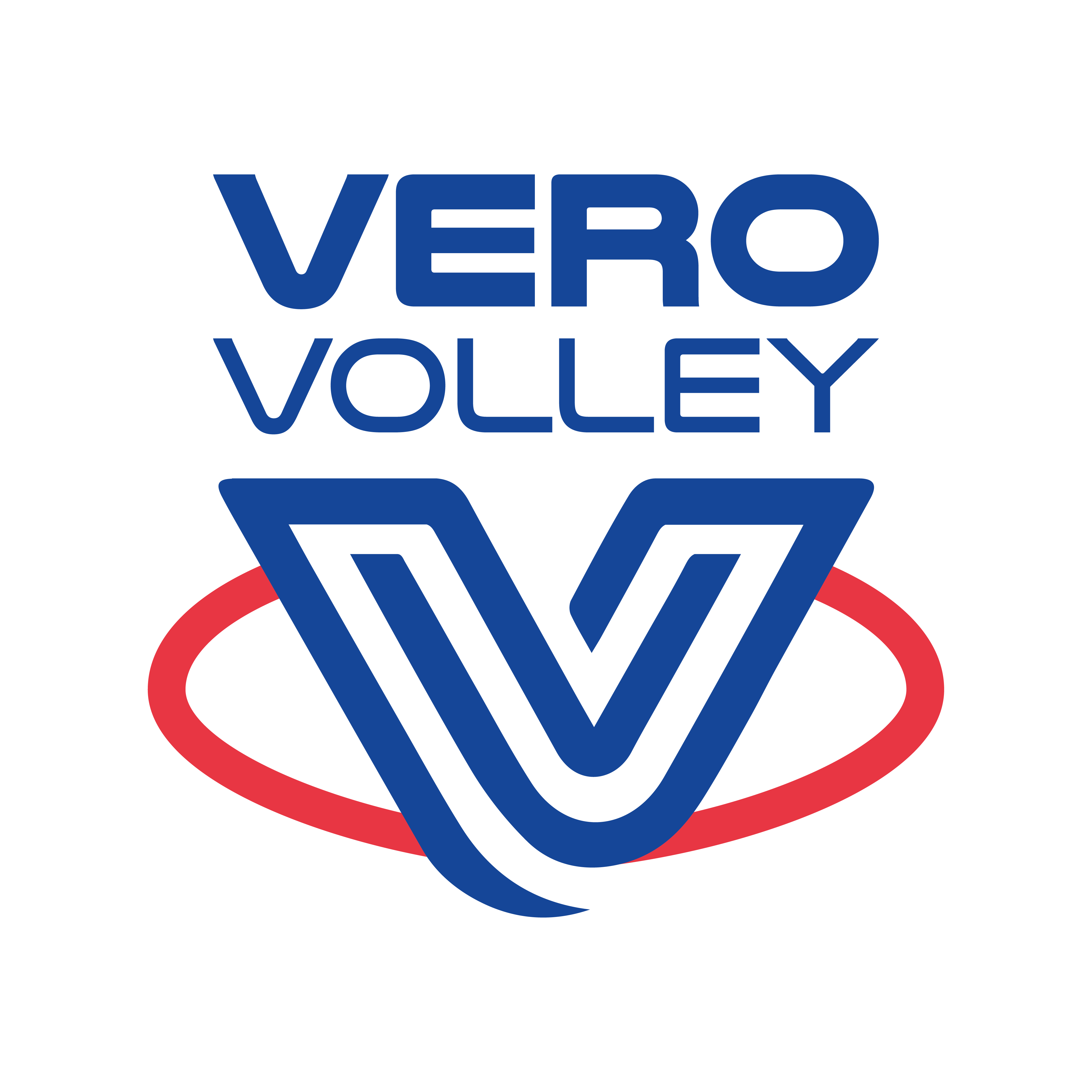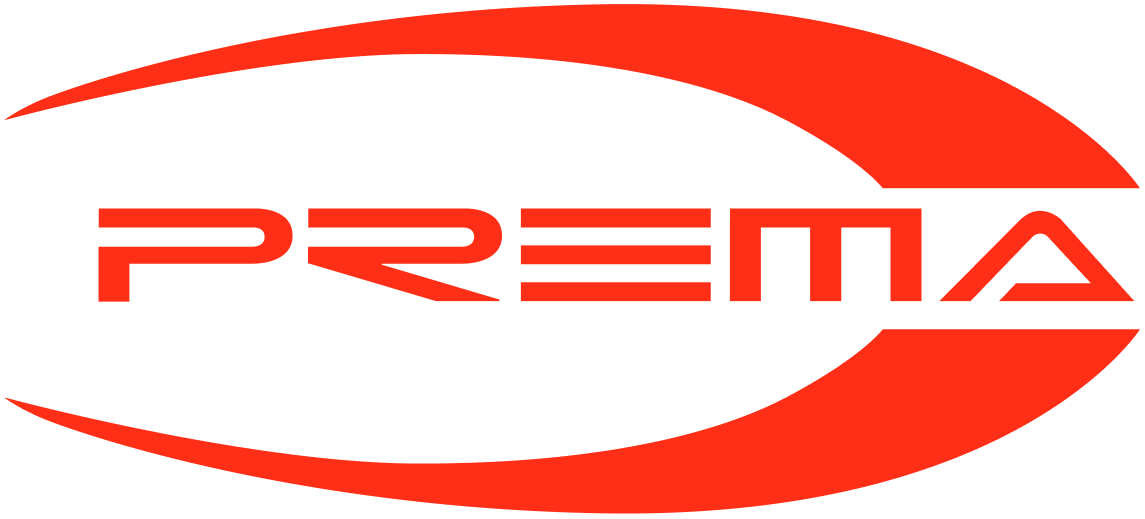According to The Institute of Electrical and Electronics Engineers (IEEE), autonomous vehicles will account for roughly three-quarters of all cars on the road by 2040.
 As IEEE Senior Member Dr. Alberto Broggi points out, “building the infrastructure to accommodate [intelligent transportation] is the largest barrier to widespread adoption,” but there is another, less recognized component which Forbes argues will be “the unsung hero of the driverless future”: paint.
As IEEE Senior Member Dr. Alberto Broggi points out, “building the infrastructure to accommodate [intelligent transportation] is the largest barrier to widespread adoption,” but there is another, less recognized component which Forbes argues will be “the unsung hero of the driverless future”: paint.
Forecasts indicate that the global market for automotive paint is set to enjoy a robust 5.2% compound annual growth rate through 2024, when the collective market value will exceed $14 billion. If the IEEE’s prediction proves accurate, paint companies that can cater to the needs of driverless cars will be best-positioned to capture a substantial share of this market growth.
This is easier said than done, however. Nearly all self-driving prototypes use — originally a portmanteau of “light” and “radar”, but now more often used as an acronym for “light detection and ranging” — to establish their position relative to other cars when in operation.
Unfortunately, tests have shown that LIDAR struggles to accurately register vehicles that are covered in dark paint. As a result, paint companies will need to adapt their products to better meet the needs of auto manufacturers in the coming decades.
Developed shortly after the advent of lasers in the 1960s, LIDAR applies the general principles underlying sonar to light. While sonar devices operate by measuring the time it takes for emitted sound waves to return after bouncing off of other objects, LIDAR measures the time it takes for the hundreds of thousands of laser pulses it emits every second to reflect back off other objects. Both the increased volume of “pings” and the pings’ decreased travel time — the speed of light is more than a million times faster than the speed of sound — enable LIDAR to provide a more comprehensive, more accurate picture of the surrounding environment.
In an ideal environment, LIDAR systems are capable of creating 3D point cloud representations that are accurate down to the millimeter. Unfortunately, this precision disappears when LIDAR is used in environments teeming with non-reflective materials or darkly painted metals. In fact, in one experiment, a car painted black reflected only half of the near-infrared laser pulses that a car painted white did.
While white remains the most popular car color in North America, black and gray collectively account for 38% of all the cars on the road. Since even a small error in LIDAR committed by a self-driving car can be a matter of life and death in split-second roadway scenarios, the sheer number of darkly colored vehicles presents a real obstacle to a fully driverless future.
Since LIDAR technology is still very much in flux, industry insiders have decided to approach this problem from the other side. PPG — the world’s largest producer of automotive paints — is investing in a line of dark paints and transparent top coats that will reflect a greater percentage of LIDAR laser pulses. The paint giant already has something of a head-start in this space, as it worked with Southwest Airlines several years ago to develop a heat management coating system for its airliners.
“Airlines often avoid dark colors for airplane liveries because they can absorb as much as 90% of solar energy, which in turn heats the interior while a plane is on the ground,” explains PPG Global Director for Aerospace Coatings Mark Cancilla.
PPG’s coating system reduces aircraft skin temperatures by as much as 25℉, resulting in cabin temperatures 5℉ to 7℉ cooler than before. If PPG can adapt this light-repelling technology for self-driving cars, auto manufacturers will have a full palette of paints at their disposal moving forward.
Similarly, in a bid to ride the current wave of interest in LIDAR-friendly paints, Axalta Coating Systems recently announced that StarLite, “a light and reflective hue that contains synthetic pearl flakes which create an eye-catching, pearlescent effect,” is its 2018 Automotive Color of the Year. “While StarLite may not apply to all autonomous detection systems,” Axalta Global Color Marketing Manager Nancy Lockhart admits, “[we] believe these shades will become increasingly important to automakers.”
As a long-time partner of the automotive industry, we at Mattei are intrigued by all things related to self-driving cars. As the industry seemingly approaches another revolution, we’re eagerly looking forward to what the next generation of cars will bring.

Mattei offers a wide range of vane compressor models that perfectly meet the specific needs of the transport industry.

The reliability of Mattei compressors, the high quality standards of the delivered compressed air and the compliance with the industry regulations, make them ideal to be used in the healthcare and pharmaceutical industry.

Reduced operating costs, environmental sustainability and extreme purity of the air supplied make Mattei compressors suitable for all processes in the food industry.
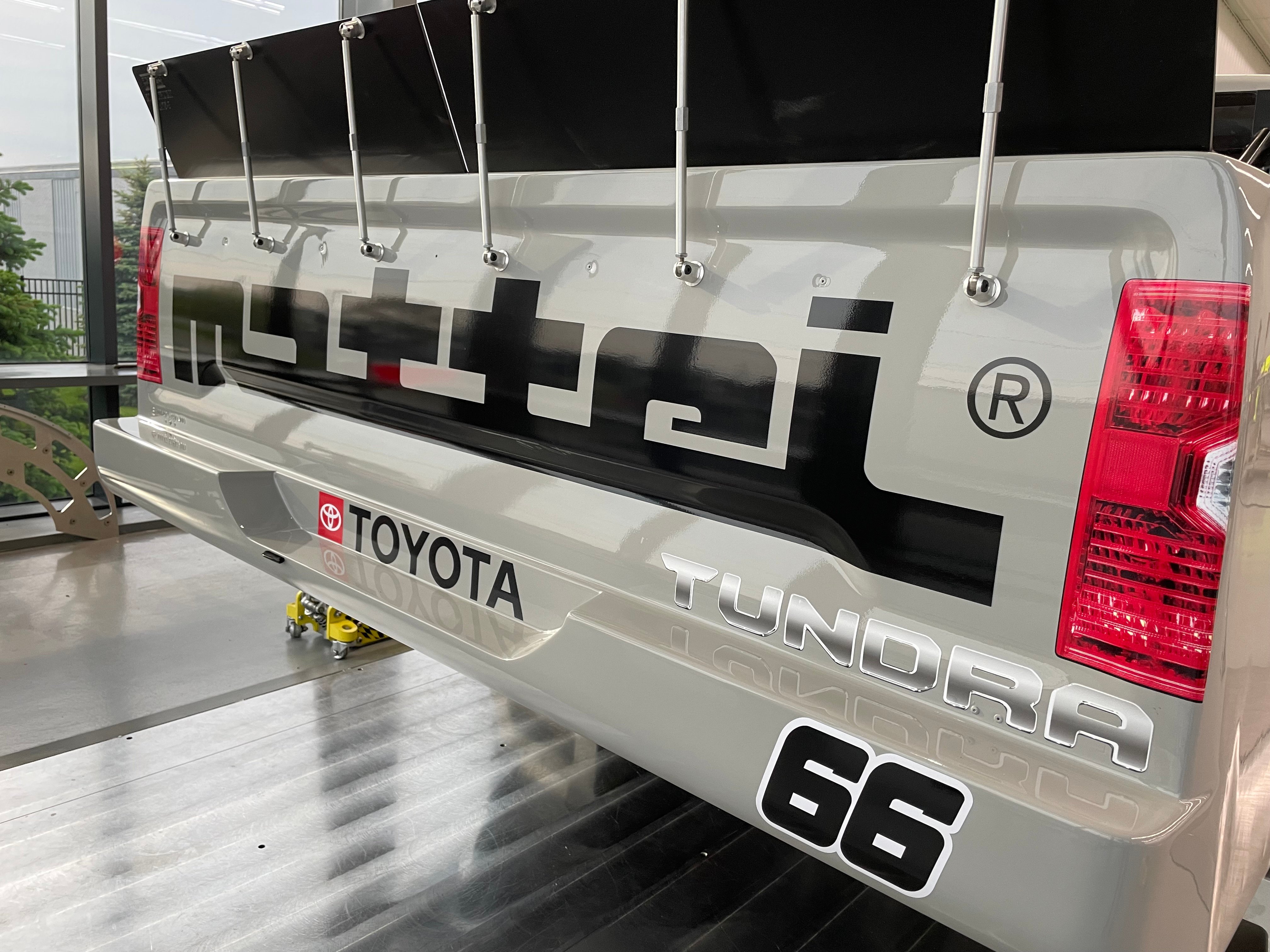
Good luck ThorSport Racing. Waiting to watch the racing!
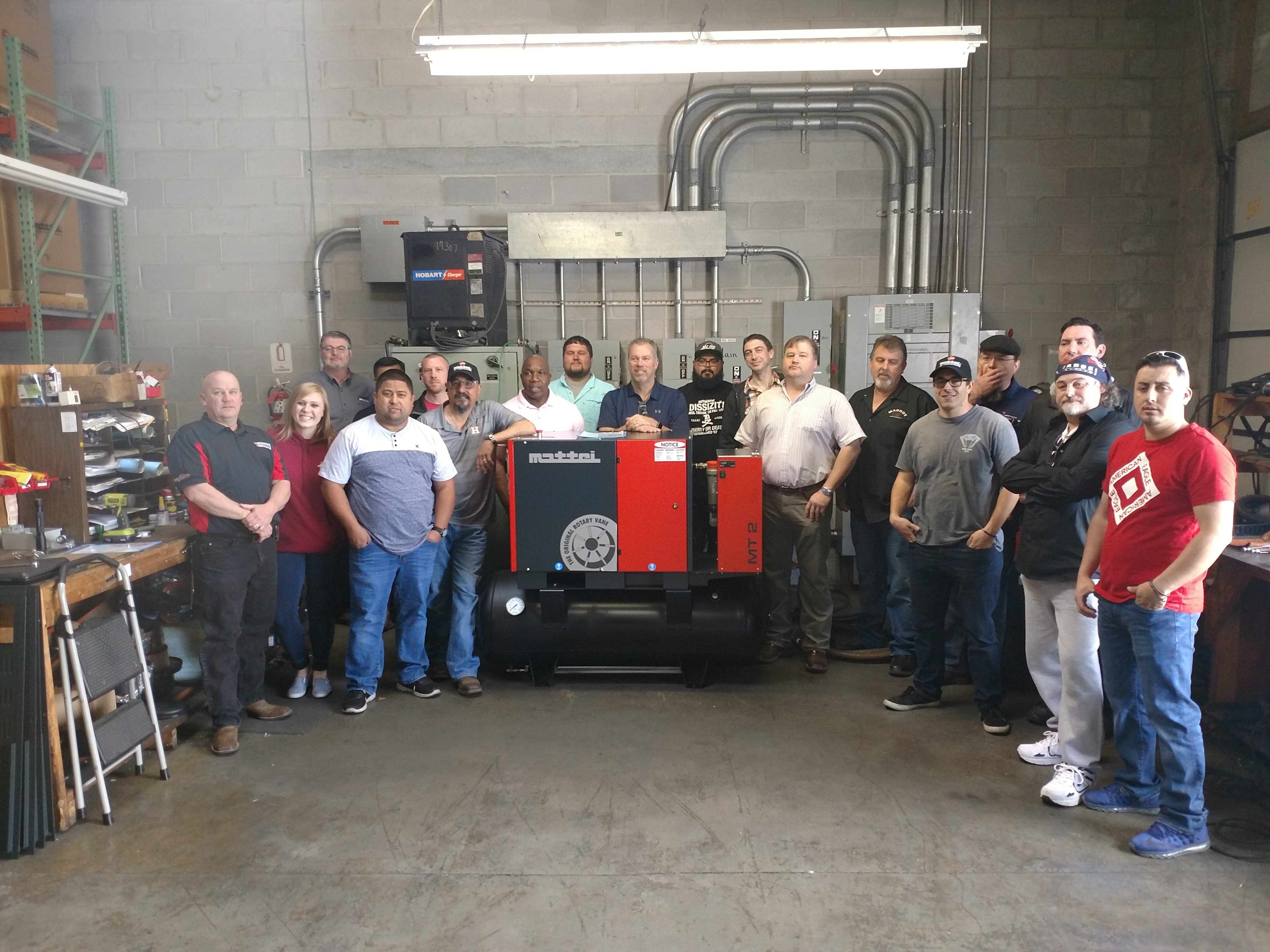
We recently held our Spring 2018 Service School for distributors. The school graduated 17 participants from both the sales and service sides.

Today, Mattei Compressors, Inc., announced the recipients of its 2017 Distributor Awards. These distributors went above and beyond to provide high-quality service to Mattei customers over the past year.
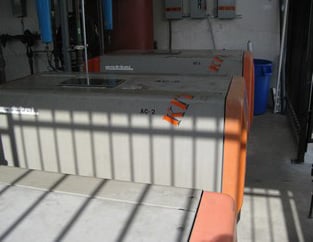
Helix Medical, LLC is widely regarded as a premier supplier of biocompatible silicone medical devices and components to the medical device, pharmaceutical and biotech industries.
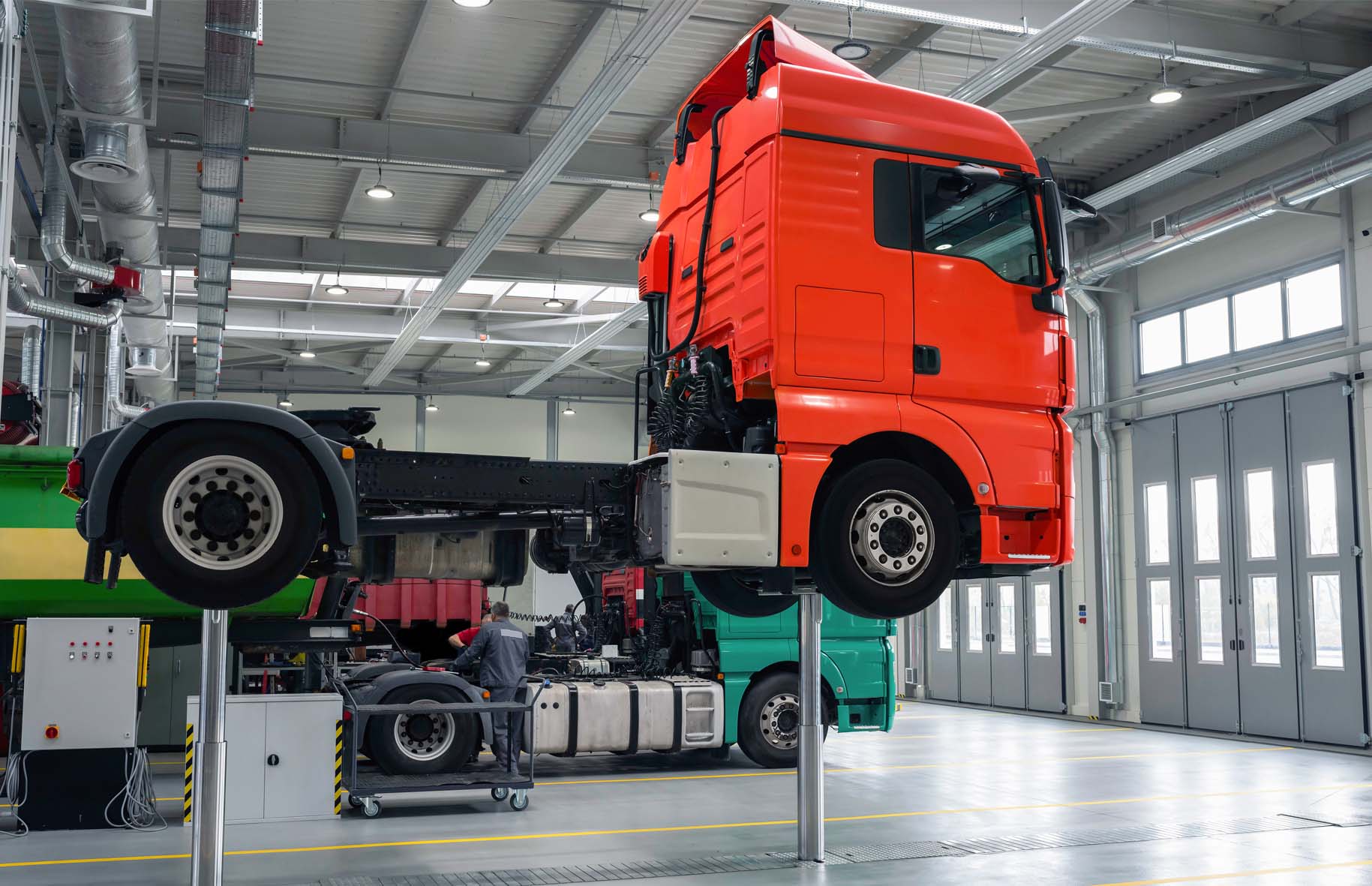
John Baker Sales, a Mattei distributor located in Colorado, worked very closely with Transwest to ascertain the company’s needs prior to making a product recommendation.
